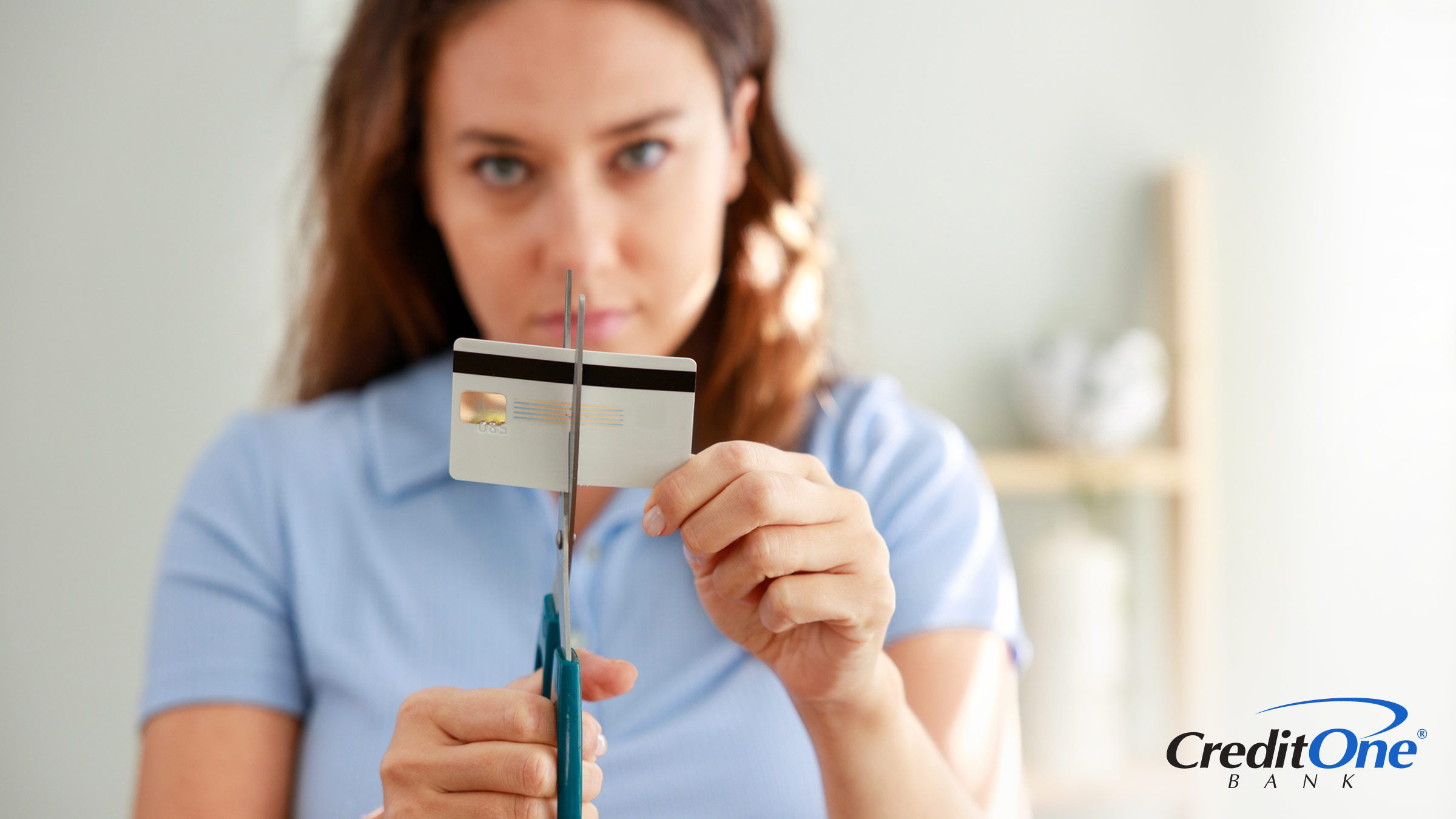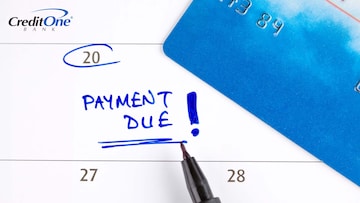Does Closing a Credit Card Hurt Your Credit Score?
December 16, 2024
Your credit card is part of your financial ecosystem. Closing it can affect your score, so it’s important to understand the repercussions before you do.

Introduction
When you’re trying to simplify your finances, get your budget on track, and keep your spending under control, canceling a credit card might seem like a smart move. But closing an account can impact your credit score in several ways, so keeping it open could be in your best interest.
Does Closing a Credit Card Hurt Your Credit?
Before taking out the scissors to cut up your plastic, consider some key factors that will help you make a more informed decision.
- Shortening your credit history by closing a long-standing account may lower your credit score.
- Reducing your available credit, and therefore raising your credit utilization ratio, may lower your score.
- Cutting the revolving credit from your credit mix may reduce your score.
Whether canceling your account is right for you depends on your spending habits and how you manage your payments. If keeping the account open will tempt you to make purchases you can’t pay off or result in late payments, it may be better to close it. Late payments in your credit report will nearly always look worse to a potential lender than a closed account.
How Much Does Closing a Credit Card Hurt Your Credit?
A few parameters will determine how many points you may lose on your credit score.
How long has your account been open?
A well-aged account is one of the best things for your credit score because credit reporting agencies factor in the age of all your credit accounts. Ideally, you want your credit history to contain accounts that were opened a while ago, and closing an old card lowers your average account age.
This will often cause your credit score to decrease, but the degree of the negative impact depends on the account’s age. Closing a newer account will likely have a milder impact than canceling older cards.
What’s your credit utilization ratio?
Another stat creditors look at is your credit utilization ratio, which measures how much you owe on your credit cards compared to the total amount of credit you have. Canceling one card can negatively affect your credit score by lowering the amount of available credit, which raises your credit utilization ratio — even if the total outstanding balance of what you owe stays the same.
Closing a card with a higher credit line will have a bigger impact than one with a low limit. But once you understand credit utilization, you can work harder to keep your account balances low, or earn credit line increases. This helps offset any potential decrease in your credit score if you decide to close a card.
How diverse are the accounts in your credit report?
Having a mix of credit types — such as a mortgage, auto loan, personal loan, and credit card — should give your credit score a nice boost. Loans are considered installment credit, while credit cards are revolving credit, and the goal is to have some of each credit type.
If you only have one or two credit cards, closing one could throw that credit mix out of balance. The more credit cards you have, the less effect you’ll feel from closing one.
When Should You Close a Credit Card?
There are a few good reasons to close a credit card.
- The credit limit is too low to make proper use of.
- The interest rate is too high when you need to carry a balance.
- The annual fee is difficult to make back in rewards from purchases.
- The benefits and rewards structure no longer match your lifestyle or shopping habits.
- You separated from your partner and it was a joint account.
- You’re often tempted to make purchases you can’t afford.
- You’re not using it anymore and can’t picture a situation where you would.
When you find yourself questioning the value of keeping the card open, it may be time to think about possibly canceling it.
How to Close a Credit Card
After weighing all the pros and cons, if you still feel that canceling a credit card account is in your best interest, it’s important to do it the right way.
Use your rewards
First, check the status of any points or cash back rewards you may have accumulated while using the card. Once you cancel the account, you probably won’t have access to your rewards, so take advantage of what you’ve earned before you shut everything down.
Transfer automatic payments
If you automatically pay for subscriptions or utility bills with the card, update your default payment methods to a current card. Otherwise, your payments may bounce and cost you additional fees and penalties.
Pay off your balance
Next, make sure the balance has been paid in full. That includes not just the latest statement balance, but any pending transactions or fees that may not be posted to your account yet.
Close the account
Always follow the specific account-closing instructions from the issuer. You can call customer service and have them walk you through the process, or ask them to triple-check for a zero balance on your card before closing it.
Destroy the card
To protect yourself against identity theft, and avoid accidentally using your closed card, you should dispose of it by shredding or cutting it up. Metal cards can be mailed back to the issuer.
Review your credit report
Get your free credit reports from AnnualCreditReport.com and check for any errors. Your closed account should show that you took the action, not the issuer. If you find mistakes, you can file a dispute to have them removed.
Alternatives To Canceling a Credit Card
Before canceling, consider other alternatives that may allow you to keep your account open.
- Put the card away and save it for an emergency instead of keeping it “top of wallet.”
- Negotiate a lower interest rate by pointing out your positive payment history.
- Switch to a card with no annual fee so you’re not out of pocket just for keeping it open.
- Upgrade your secured card to unsecured so it’s not recorded as a closed account.
With these options, you’ll have access to credit in the future, you won’t lose the benefits, your credit score won’t take a hit, and you’ll be aging the account to boost your score over time.
Most approaches require talking with your credit card company’s customer service, so you might as well see if they offer other solutions too. Creditors typically don’t want cardholders to close their accounts, and it can’t hurt to ask before making your final decision.
Keep in mind that if you don’t use your card for a long time, the card issuer may close it due to inactivity. So it’s best to regularly make a few small purchases and then pay them off, or set up the card as the AutoPay method for a monthly subscription.
Bottom Line
Whether or not you choose to close one of your credit cards is a personal decision. But it’s important to keep in mind how it might affect your financial life, including your credit score.
If you have recently closed a credit card and would like a new one to round out your credit mix or decrease your credit utilization ratio, look for one that allows you to pre-qualify before applying. This process gives you a good idea of your chances for approval and doesn’t impact your credit score.



